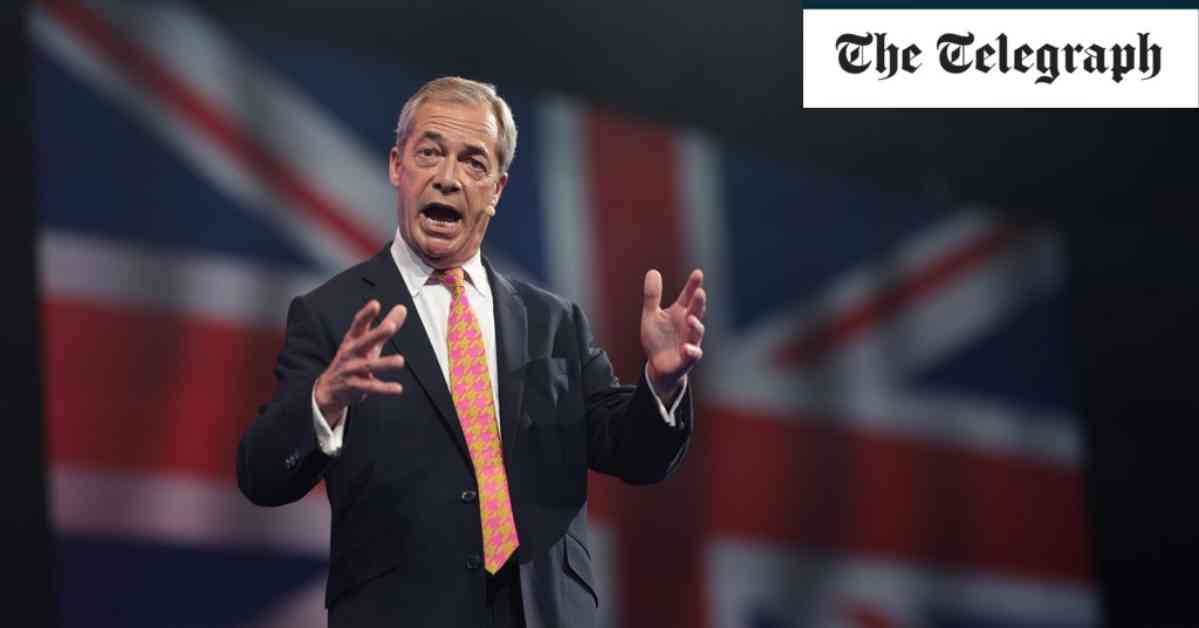Nigel Farage Criticizes ‘Amateurism’ Impact on Reform UK in General Election
Nigel Farage, the leader of Reform UK, delivered a passionate speech at the party’s conference, emphasizing the importance of values over superficial characteristics. In a rousing conclusion, Farage expressed that skin color and orientation are irrelevant, focusing instead on shared values and adherence to rules. He emphasized judging individuals based on their character, a sentiment he believed resonated with the desires of the general populace. Farage rallied the audience, challenging them to make history and fight for a better future for the country.
Farage also took the opportunity to criticize the leadership candidates of the Conservative Party, highlighting what he perceived as shortcomings in their approaches and personalities. He questioned their alignment with the party’s values and their ability to lead effectively, expressing his lack of interest in the upcoming Conservative leadership race.
The Reform UK leader acknowledged the challenges faced by the party in the previous general election, attributing some of the setbacks to “amateurism” within the organization. He committed to professionalizing and democratizing the party, ensuring rigorous vetting processes for future candidates at all levels. Farage also praised the impact of Zia Yusuf, the new Reform chairman, in improving the party’s professionalism.
Looking ahead, Farage outlined the party’s plans to learn from the campaign strategies of other political parties, particularly the Liberal Democrats. He emphasized the importance of building strong teams and structures at the grassroots level to ensure success in future elections. Farage expressed confidence in Reform UK’s potential to grow and become a significant force in British politics.
The conference also saw discussions on the party’s new constitution, with members set to vote on its adoption. Farage highlighted the shift towards a more democratic ownership structure, where party members would have greater control and ownership. This move aimed to address past shortcomings and ensure a more professional and structured approach moving forward.
As the conference unfolded, other party members took the stage to address key issues such as immigration, justice, and the economy. Calls were made for changes in policy and a focus on British values and culture. Speakers highlighted the need for stronger leadership and a clear vision for the party’s future direction.
Overall, the Reform UK conference showcased a party determined to learn from past mistakes, professionalize its operations, and grow its influence in British politics. With a focus on values, unity, and grassroots engagement, Reform UK aims to position itself as a viable alternative for voters seeking change and reform in the country.












